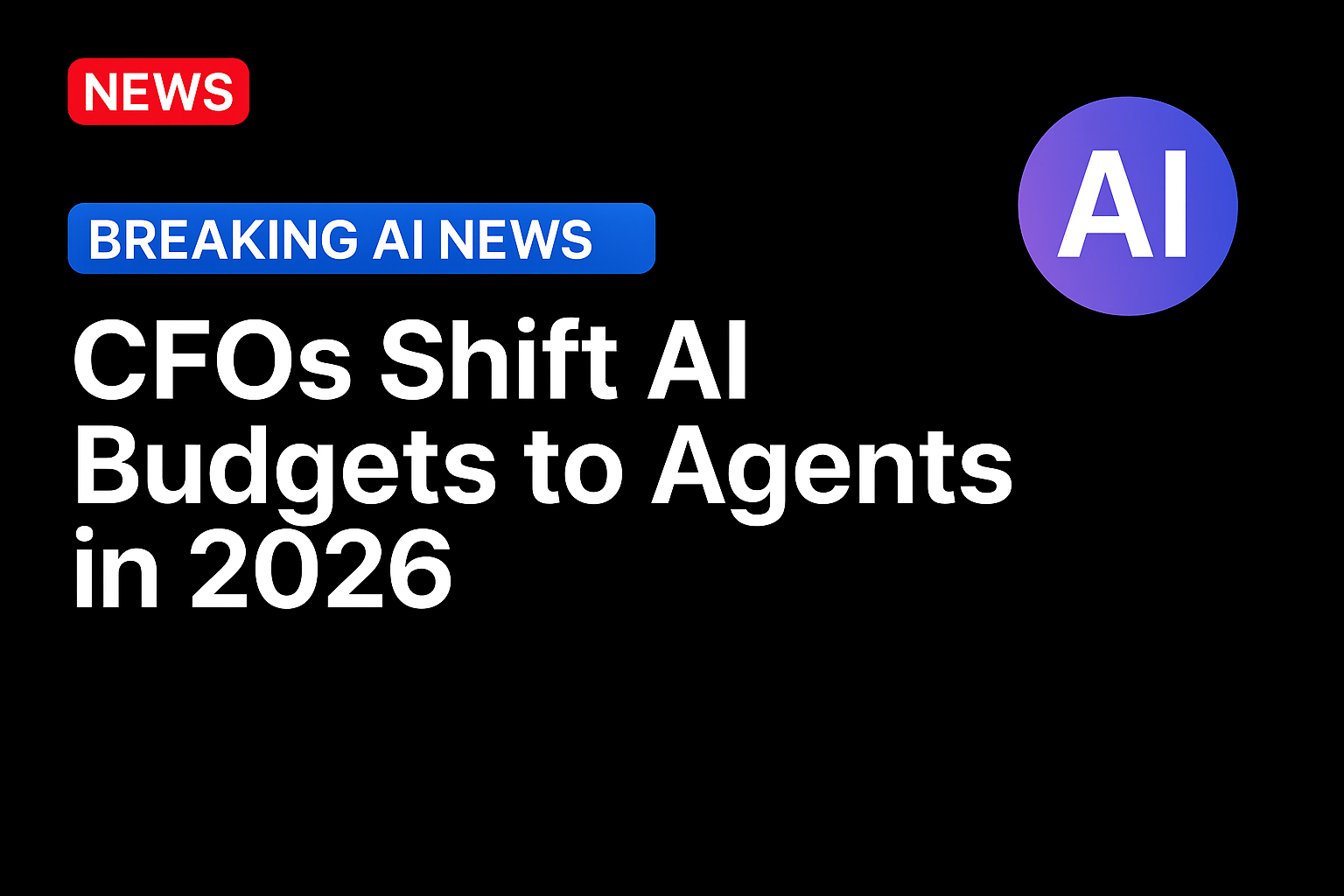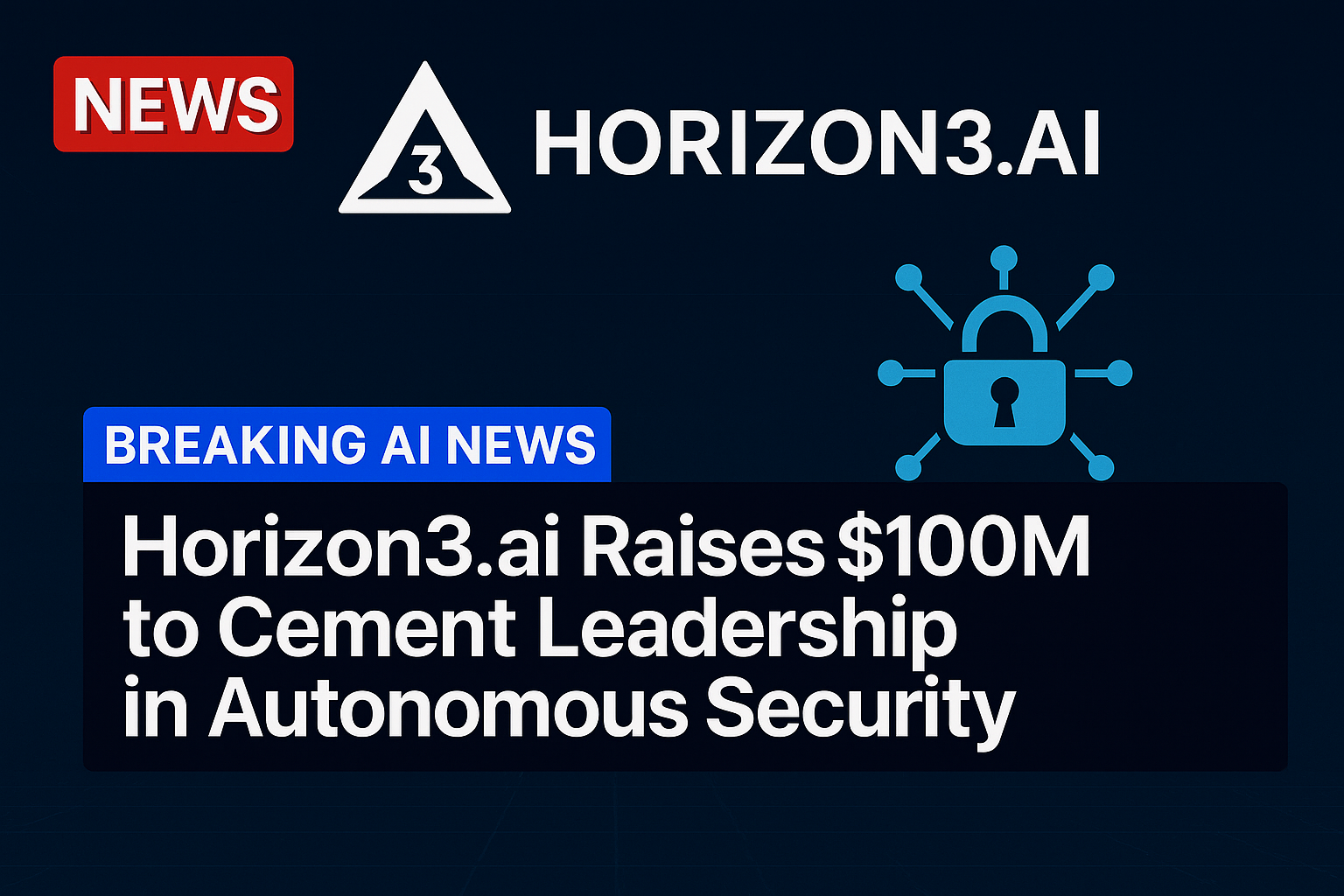Enterprise spending on GenAI is slowing as finance leaders recalibrate their priorities in a shifting macroeconomic environment. Just 26.7% of CFOs expect to raise GenAI budgets in the next 12 months, according to a recent PYMNTS Intelligence survey (from the chart below) of 60 enterprises. That compares with 53.3% a year ago, a steep decline that highlights a pivot from experimental adoption to more disciplined deployment, even as interest rates begin to ease and capital markets loosen.
ROI as the New Investment Gatekeeper
The survey data show ROI is now the primary filter for future spending. Among companies reporting very positive ROI from GenAI, 50.0% plan to increase their budgets. Among firms reporting negligible ROI, only 16.7% expect to do so.
That bifurcation aligns with additional analysis from PYMNTS Intelligence, which shows CFOs are moving away from superficial productivity measures and toward financial indicators such as cycle-time reduction, error minimization, and working capital impact. In the CAIO report by PYMNTS, 90% of CFOs report ‘Very Positive’ ROI from GenAI in just 9 Months and many CFOs already seeing ROI are scaling into infrastructure spending on chips, servers, and cloud tools last year.
The data also begs an urgent question: How do CFOs navigate the new world of AI where agentic commerce has overtaken GenAI as the focus? How do they plan? How do they allocate resources?
“As CFOs plan for 2026, the real question is not whether to spend on GenAI, enterprise AI, or agentic AI but how these tools solve the problems that keep them up at night,” said Kevin Akeroyd, CEO of Sovos in a conversation with PYMNTS. “They’re weighing how AI can improve efficiency in areas such as tax compliance and reporting, while reducing risk as regulations evolve. The best budgets balance ambition with caution, leaving room to test new technologies while doubling down on proven enterprise applications.”
That balanced mindset shows how CFOs are approaching AI today. They are testing new tools carefully, making sure they do not add risk, and expanding only when the returns are clear.
Automation maturity also shapes confidence. According to PYMNTS Intelligence, in highly automated enterprises, 33.3% of CFOs expect to expand GenAI budgets. In low-automation firms, only 21.4% intend to do so. Companies with a strong automation foundation appear more prepared to embed GenAI into workflows, while less mature firms face higher transition costs.
The industry breakdown is telling. 41.7% of tech firms plan to increase GenAI budgets, compared with 27.3% of service firms and 19.2% of goods-sector firms. The disparities reflect both the ease of integration and margin sensitivity across different sectors.
Positive vs. Negative ROI Outcomes
The survey highlights how outcomes drive capital flows. Half of enterprises with very positive ROI plan to increase spending. One third of those with somewhat positive ROI will expand. None of the firms reporting negative ROI expect to raise budgets. CFOs are clearly funneling investment to areas where payoffs have already been realized. That focus on proven results is shaping how finance leaders think about the next wave of AI, including agentic AI.
Jason Godley, CFO at Xactly, shared with PYMNTS that “When it comes to AI investments, the priority should be curiosity paired with cautious optimism. CFOs need to ask what vendors are building, how agentic AI could reshape products, and which opportunities truly add value. Investments will lean toward areas that clearly drive revenue growth and profitability, but the most forward-looking leaders will keep an open mind.”
From Hype to Proof
The slowdown in top-line investment does not mean AI spending is stalling altogether. Infrastructure commitments are accelerating. Menlo Ventures’ 2025 Mid-Year LLM Market Update shows enterprise spending on large language model APIs more than doubled in six months, rising from USD 3.5 billion to USD 8.4 billion. The report notes that Anthropic has overtaken OpenAI in enterprise deployments and that closed models are increasingly favored over open-source alternatives.
The PYMNTS Intelligence survey reveals that GenAI has reached a new phase in its adoption curve. Spending plans are no longer uniform but split along ROI lines, with some CFOs doubling down and others slowing or halting commitments. The Wall Street Journal reports that AI infrastructure investment is reaching historic levels and raising questions about whether corporate buyers will see commensurate returns. The Financial Times has cautioned that AI returns have not yet matched the scale of investment, highlighting the risks of overextension.
At the same time, PYMNTS reporting shows that 97 percent of CFOs now trust GenAI for risk management, fraud detection and forecasting. With borrowing costs gradually easing, CFOs are recalibrating how they deploy capital. Lower interest rates may expand the runway for technology spending, but the bar for GenAI has risen. Investments must now be defended with evidence of measurable, reportable outcomes.
Source: https://www.pymnts.com/



